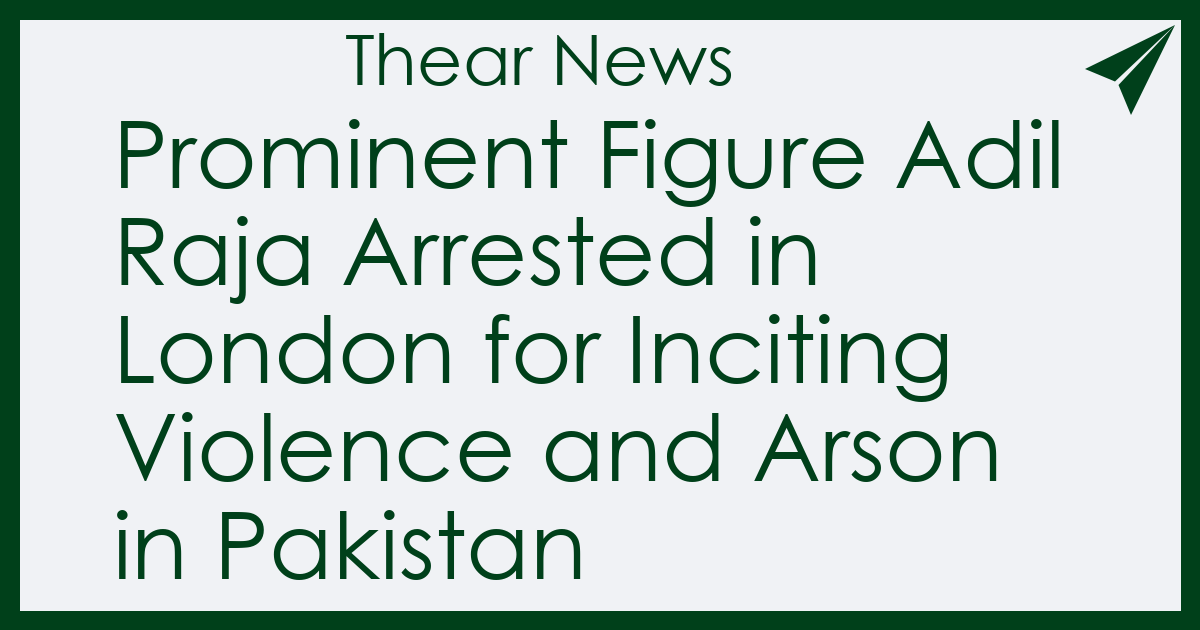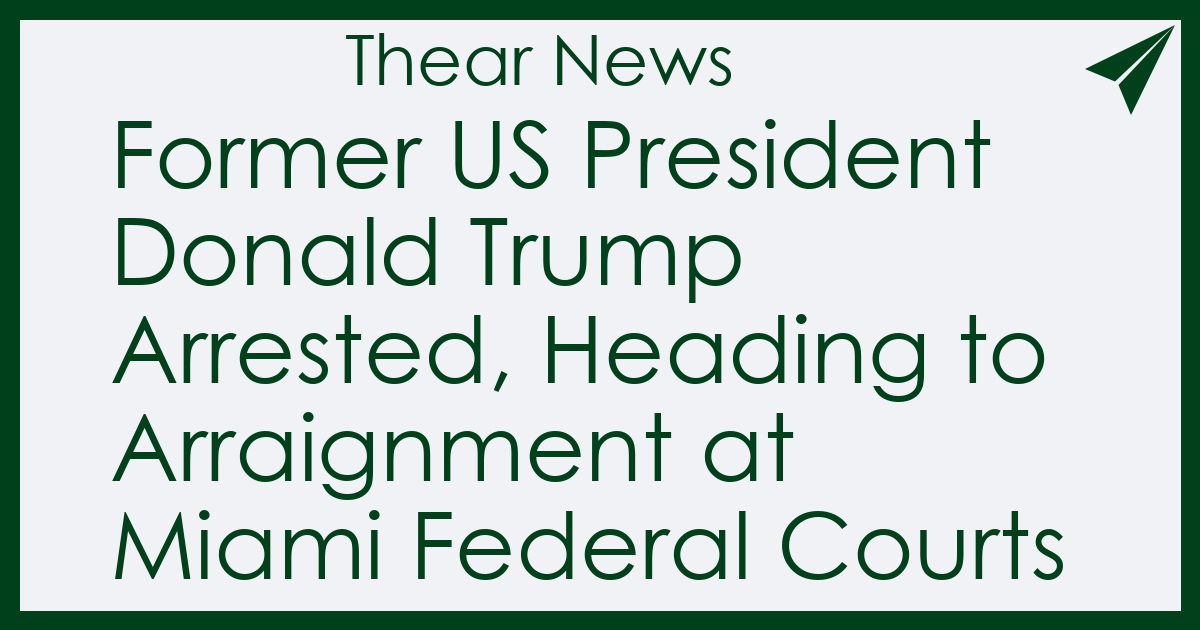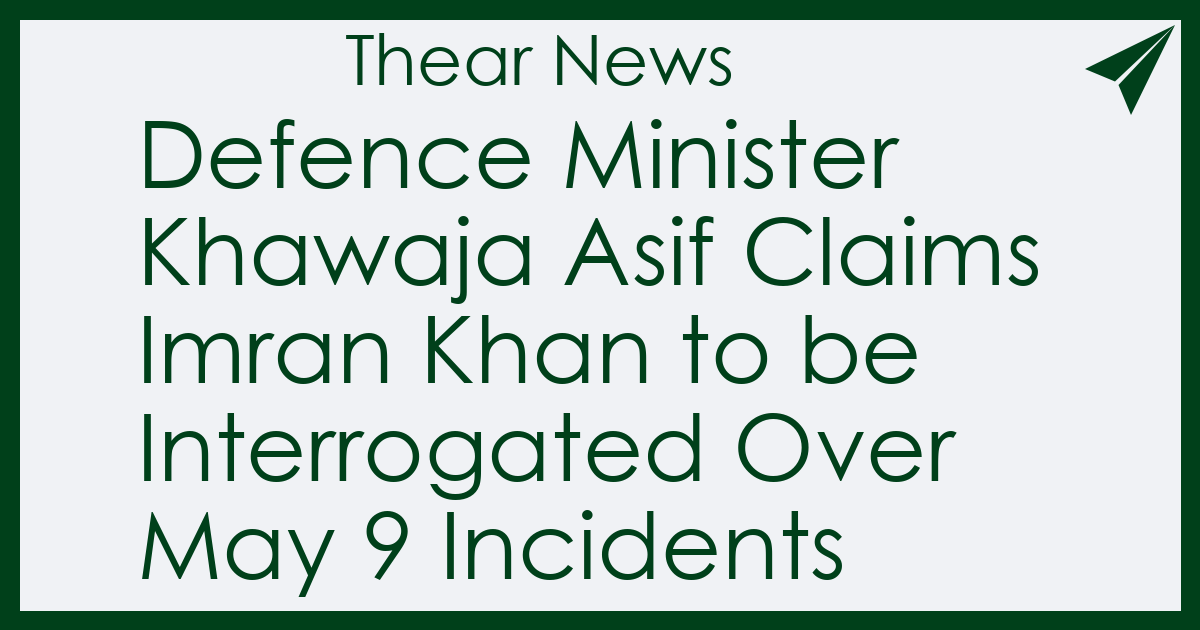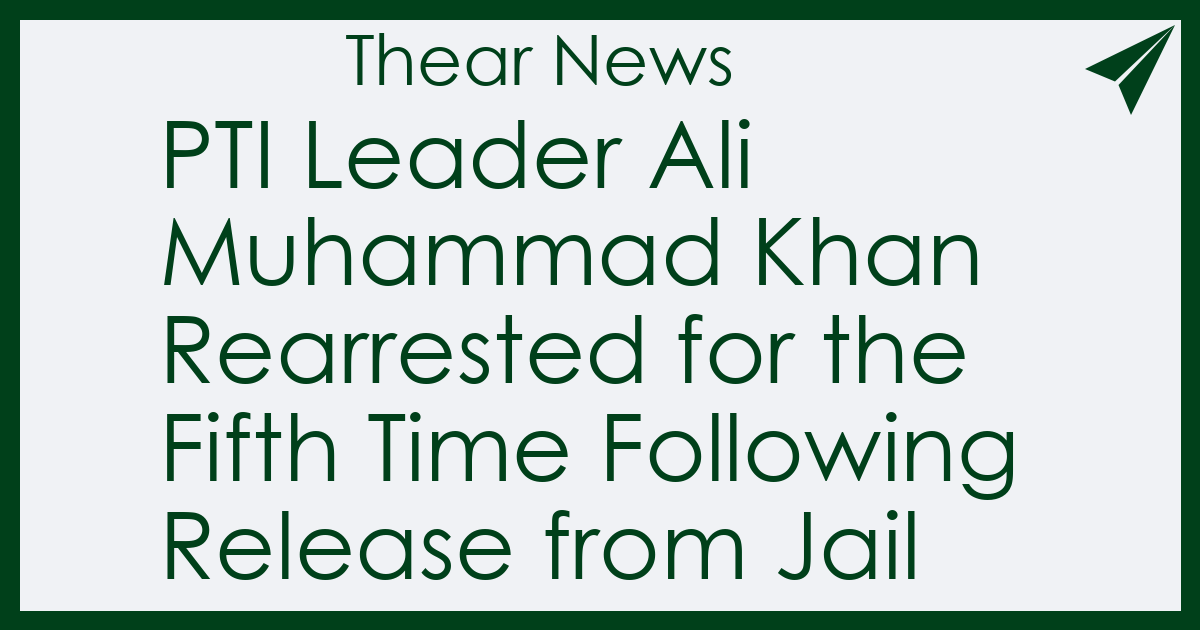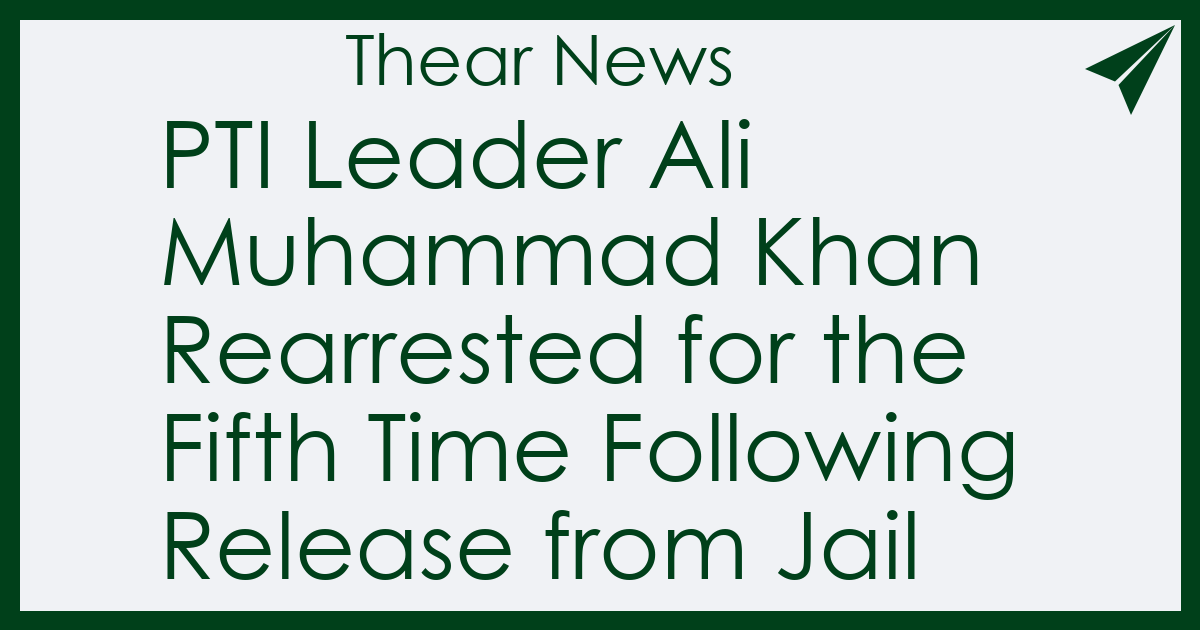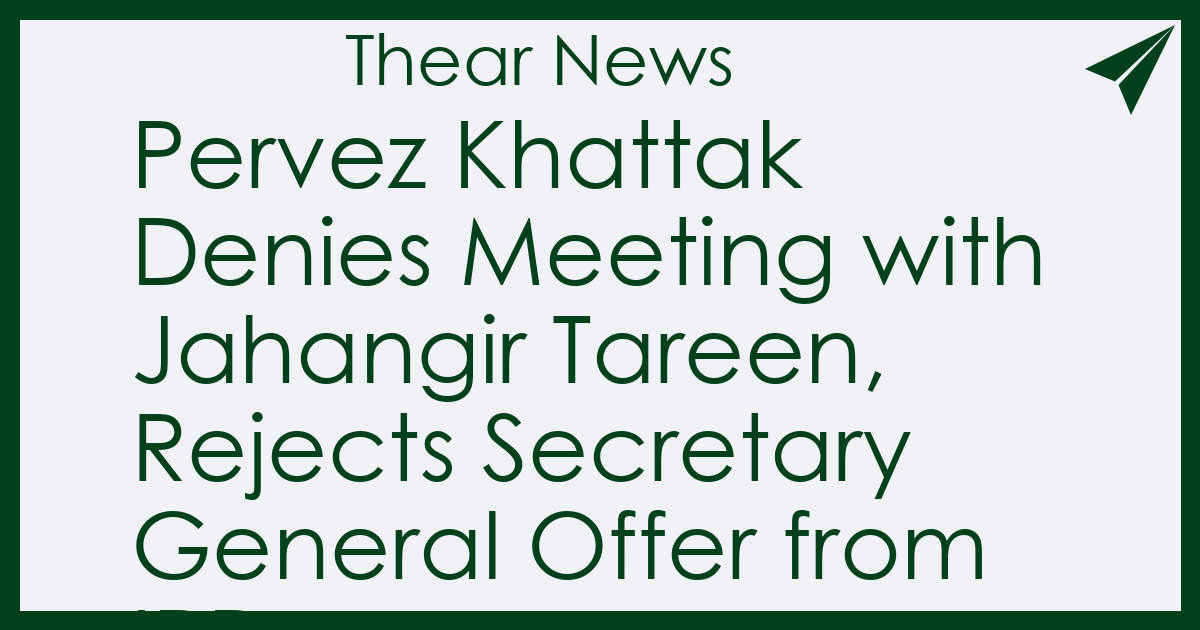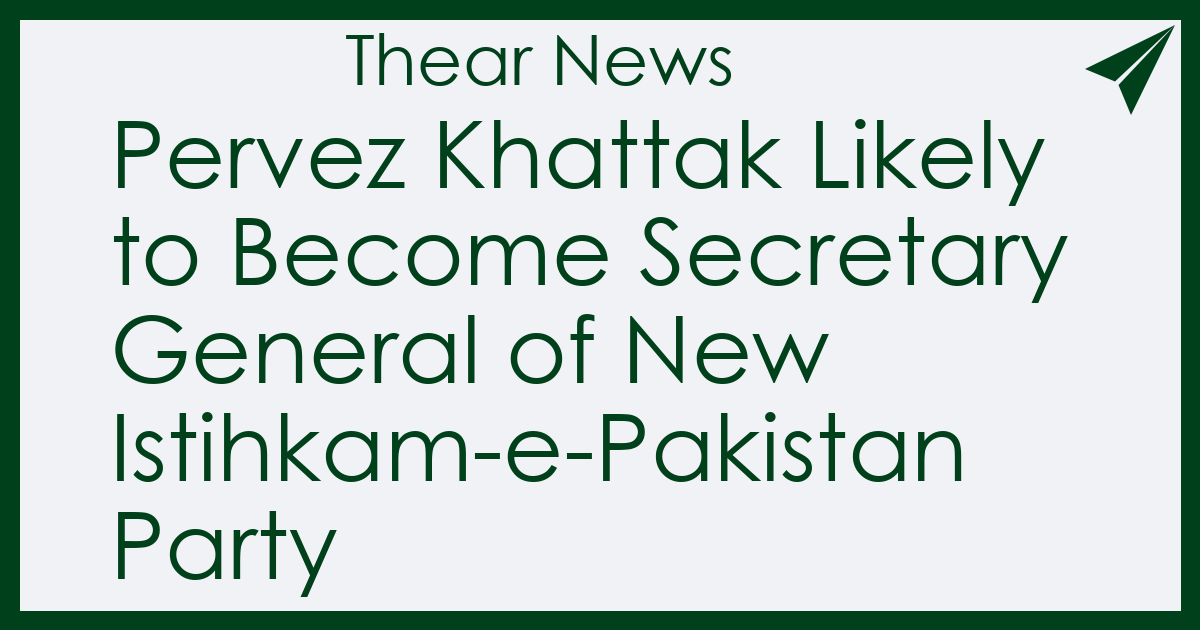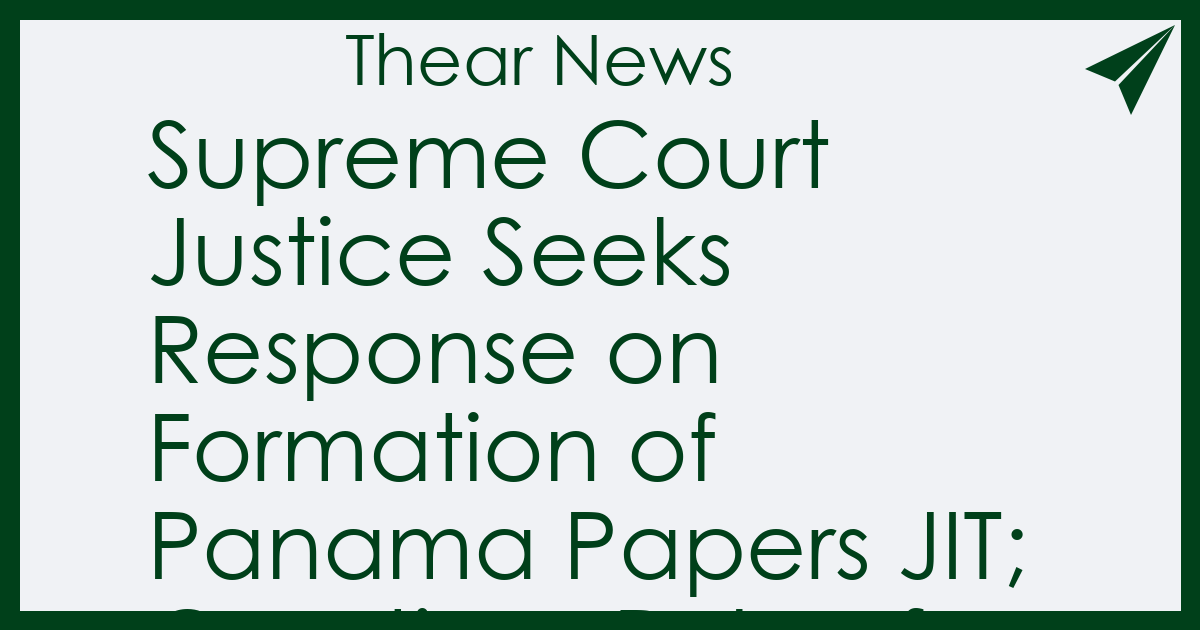Web DeskPublished: 16 May 2023 at 14:28
PTI Violence: Metro Stations Burned and Public Properties Damaged in Pakistan
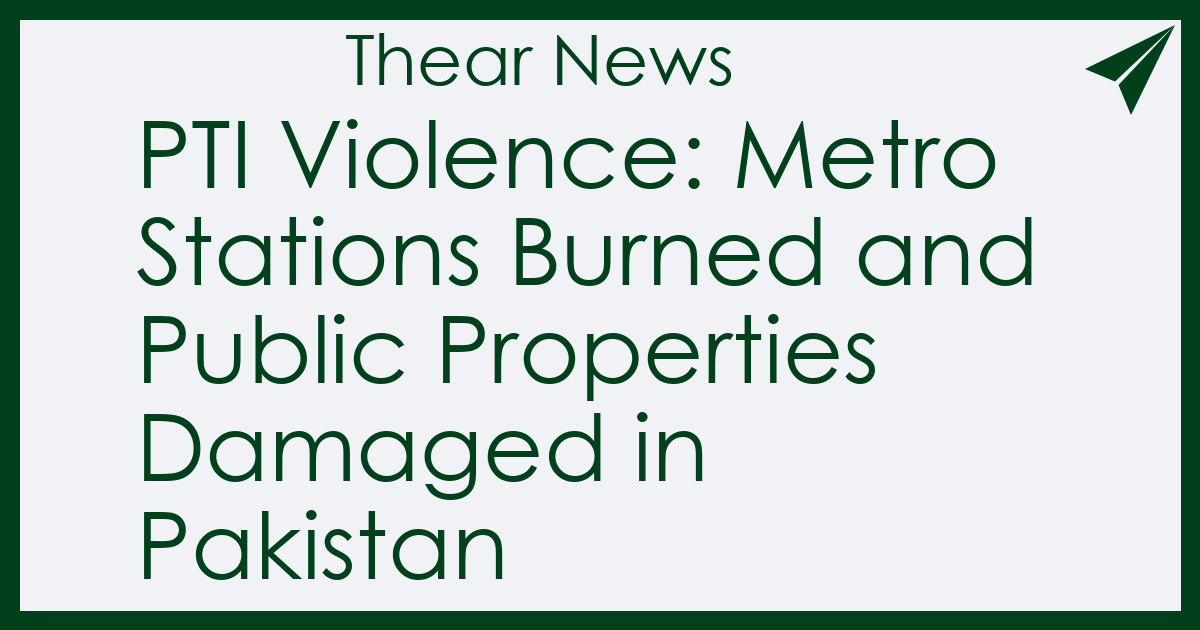
Pakistan Tehreek-e-Insaf (PTI), the opposition party led by former prime minister Imran Khan, has unleashed a wave of violence and vandalism across the country in protest of Khan's arrest on corruption charges. PTI workers have reportedly set fire to several metro stations, banks, vehicles and buildings in Islamabad, Rawalpindi, Lahore and other cities, causing millions of rupees worth of damage and disrupting public transport and services.
Metro stations torched in Islamabad and Rawalpindi
One of the worst incidents of arson took place on May 9, 2022, when PTI protesters set the China Chowk Metro Station in Islamabad on fire during clashes with police. The station, which is part of the Islamabad-Rawalpindi Metro Bus project inaugurated by Prime Minister Shehbaz Sharif in 2019, was completely destroyed by the flames. The fire also damaged the nearby Parade Ground Metro Station and several vehicles parked nearby.Earlier, another group of PTI supporters had started a fire around Burhan Interchange, which connects the motorway with the metro bus route. The fire brigade was unable to reach the spot due to road blockades by the protesters. The fire engulfed several trees and bushes along the interchange and caused smoke to spread over a large area.
In Rawalpindi, PTI workers also attacked and burned two metro stations at Saddar and Liaquat Bagh. The protesters also vandalized and looted several banks, shops and offices in the vicinity. According to police sources, the rioters incurred a loss of Rs6 billion to public properties in Rawalpindi alone.
PTI leaders arrested for inciting violence
The government has launched a massive crackdown against PTI leaders, workers and supporters for their involvement in violent protests and terrorism. According to Punjab Inspector General of Police (IGP) Mohsin Raza Butt, over 2,135 PTI protesters have been arrested after identification. Among them are 14 persons who have been identified for attacking the General Headquarters (GHQ) of Pakistan Army in Rawalpindi. The IGP said that scores of illegal Afghan nationals were also among the arrested accused.
Some of the prominent PTI leaders who have been arrested include Mian Mehmood-ur-Rashid, Senator Saifullah Niazi, Firdous Shamim Naqvi and Hammad Azhar's secretary Faisal Mehr. The party's main leaders, including Imran Khan, Jahangir Tareen, Shah Mehmood Qureshi and Asad Umar are already under arrest for their involvement in corruption cases and violent protests.
The government has also registered cases against PTI leaders and workers under various sections of the Pakistan Penal Code, including charges of arson, rioting, incitement to violence, and damage to public property. The authorities are determined to hold the perpetrators accountable and ensure that justice is served.
Impact on public and economy
The violent actions of PTI workers have had a detrimental impact on the general public and the country's economy. The destruction of metro stations has disrupted public transportation services, causing inconvenience and difficulties for commuters. The burning of banks, shops, and offices has not only resulted in financial losses for businesses but has also affected the livelihoods of countless individuals who rely on these establishments for their daily needs.Moreover, the damage to public infrastructure, including the metro stations, will require significant time, resources, and taxpayer money to repair and rebuild. This diversion of funds could have been better utilized for the development and welfare of the nation.
Government's response
The government has taken swift and decisive action to address the violence and hold those responsible accountable. By arresting PTI leaders and workers involved in the protests, the authorities have demonstrated their commitment to upholding the rule of law and maintaining peace and order in the country. The crackdown on PTI's involvement in corruption cases further highlights the government's determination to tackle corruption at all levels.Additionally, the government has increased security measures to protect public infrastructure, particularly metro stations, from further attacks. The deployment of additional police forces and the establishment of check-posts and surveillance systems will help deter potential acts of violence and safeguard the public's interests.
International community's reaction
The international community has expressed concern over the recent wave of violence in Pakistan and the damage caused to public properties. Several foreign governments and organizations have called for restraint and peaceful resolution of the ongoing political tensions in the country. They have urged all parties involved to engage in dialogue and abide by democratic processes to address grievances and disagreements.The acts of violence and vandalism perpetrated by PTI workers have been widely condemned, with many emphasizing the importance of respecting the rule of law and democratic principles. The international community has emphasized that political differences should be resolved through peaceful means, and any grievances should be addressed within the framework of the legal system.
Restoring normalcy and rebuilding
As Pakistan recovers from the aftermath of the violent protests, efforts are underway to restore normalcy and rebuild the damaged infrastructure. The government, in collaboration with relevant authorities and stakeholders, is working diligently to repair the metro stations, compensate the affected businesses, and ensure the resumption of public services.
It is crucial for all political actors to prioritize the well-being and prosperity of the nation over personal interests. Political disputes should be resolved through peaceful dialogue, adhering to democratic principles and the rule of law. The people of Pakistan deserve a stable and prosperous future, free from the fear of violence and destruction.
Only through collective efforts and a commitment to national unity can Pakistan overcome the challenges it currently faces and move forward towards a brighter and more inclusive future.
